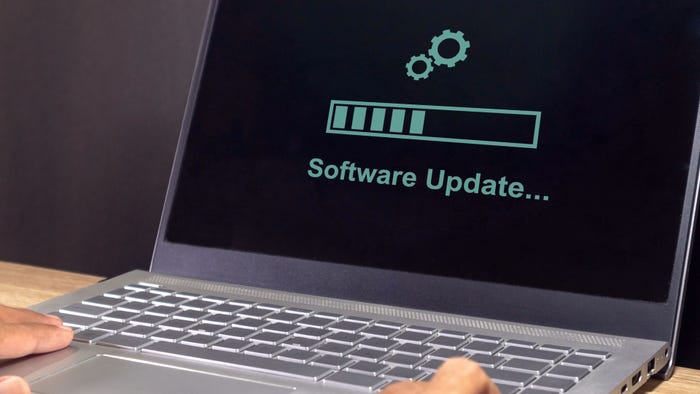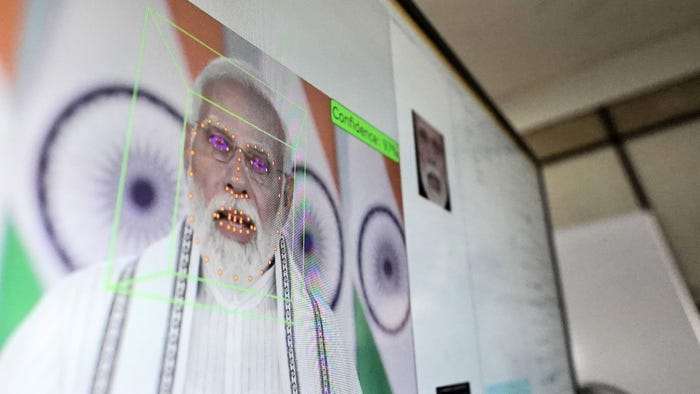Study Reveals Overlooked Sources of Leaks
After you've secured your electronic perimeter, it's time to check the copier and the front door, ISF report says

There are a whole lot of ways for sensitive information to leak from your organization, and most of them wouldn't be prevented by data leak prevention tools, according to a new report issued today.
In a detailed study of 887 leak incidents, the Information Security Forum -- an international, non-profit consortium of security-focused enterprises and vendors -- found that many leaks are caused accidentally, often through non-technical means.
"Think about how often you hold the door open for a stranger carrying something heavy, or what you can overhear in a conversation on an airplane," says Simone Seth, senior research analyst at ISF. "That's the sort of thing we found over and over again in the study."
The research, which was conducted at the behest of ISF's member organizations, was designed to deliver an informal "snapshot" of the causes and effects of internal data leaks, Seth says. While there have been many studies recently on insider attacks, most of them focus primarily on online leaks, without taking into account the "old" sources of leaks that have been around for years, she observes.
"The technology has become more portable, and users are more savvy in how they use it," Seth says. "But fundamentally, nothing has really changed. Human behavior is exactly the same as it was years ago, and that's where most of your leaks are going to occur."
Lost laptops, emails sent to the wrong address, sensitive documents left on photocopiers, employees walking out of the building with confidential papers or storage media -- these are not new sources of leaks, but they remain the most common, the study finds.
"Most of these are accidental, not malicious," Seth says. "And most of them wouldn't be spotted by an online monitoring tool."
In addition, companies may lose data because employees simply aren't thinking about what they're doing, the report says. Some employees repeat sensitive information on social networking sites such as MySpace or Facebook, while others may be overheard in a restaurant or on an airplane. An employee might be shoulder-surfed at a coffee shop or on a train, or lose an unencrypted storage device in a public place, the study observes.
The study also found some methods of leakage that may not be anticipated, such as "print screen" capabilities or photographing of screens on mobile devices. Signals may leak through wireless or electromagnetic (TEMPEST) radiation. Meta data may be hidden within a file, or an attacker might glean classified data by aggregating several pieces of non-classified data, the report notes.
Security awareness remains the best method to prevent these sorts of leaks, Seth says. "I know it's a tired phrase, but we're talking about human behavior here, and the only way to correct the problem is to correct the behavior." Enterprises need to enforce security policies so that there are consequences for leakage, she says.
"People don't pay as much attention unless it affects them directly," Seth says. "Today, people are beginning to understand that their risky behavior or the behavior of those around them can affect their jobs and their companies. If you look at whistle-blower statistics, you'll see it's happening more frequently. But that's not stopping people from holding the door for a stranger, or loaning out their passcards to somebody who says they want to borrow it to go to the bathroom."
Have a comment on this story? Please click "Discuss" below. If you'd like to contact Dark Reading's editors directly, send us a message.
About the Author
You May Also Like



_Daniren_Alamy.jpg?width=700&auto=webp&quality=80&disable=upscale)
